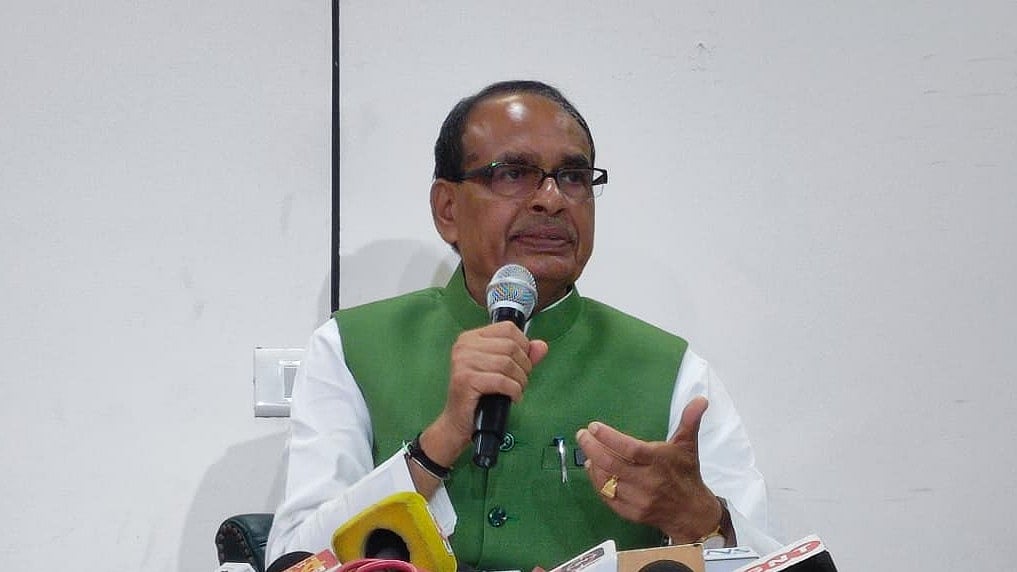Do you remember any instance in your life when you acted out of character? You may have stomped your feet, walked out of a room and bolted the door hard to let everyone know you were upset. You got into a nasty fight with someone just to prove a point when you could have simply let it go. Or even worse, you felt abandoned and scared in one sector of your life, and you responded by ghosting a date, who had no role in exciting those feelings in you. Such behaviour is always followed by regret and remorse. We often justify it with words like: “I don’t know what came over me”, “I usually never behave like this, but she triggered me, or “This is not me.”
Then who is it?
At the very outset, one must understand that this so-called “childish” behaviour is not a pathology or something to be ashamed of. In fact, this examination is not an act of self-shaming at all. Instead, it is an act of accepting that the child comes out in its most hostile avatar in places and instances, where the primitive or our foundational psychological wound resides. The inner child is extremely impulsive and wants to get all its needs met without worrying about consequences. But at the same time, it is the source of our creativity and spontaneity. Creative people are always in touch with their inner child.
How adulting happens in the modern world
We learn to adult by emulating our parents, through pretend-play. Our repertoire of healthy adaptive responses to life, at least to begin with, is downloaded from our parents. If we are brought up by parents who are not in touch with their psychological wounds and damage and haven’t done any healing work, it is likely that we will also inherit their maladaptive responses.
Our culture has a very romantic take on childhood. That childhood is supposed to be this nostalgic time in our life where we were free of responsibilities, we could play at will, and enjoy our lives. We read comics and on the weekends went out with our friends and family to watch children’s movies. Then ate ice-cream on our way back.
First, such privileged childhood is only a recent phenomenon and even intermittent in this idyllic childhood are traumatic events. Children are powerless. They are not a vote bank, they don’t have a say in most of the decisions about them and that’s good because they are weak and not mature enough to decide what’s good and what’s bad. But a child doesn’t understand that and they usually have a sense of powerlessness over their own fate and feel suffocated, and pine for adult life and the freedom it brings with it.

What is the primitive wound?
It is a subjective issue. Early life bullying by peers, sexual assaults, physically abusive, strict and over-ambitious parents, domestic discord, financial troubles often come up in therapy sessions as primitive wounds. But not all of it has to be so extreme. The child doesn’t have the faculty to distance himself or herself from the event and understand that what was happening was not their fault. They often attach a part of themselves to this primary wound.
The child must survive this primal wound as the business of adulting is more important. As a result, Darcia F Narfeez, professor of psychology at the University of Notre Dame, says, in an article in Psychology Today, “The primal wound often sculpts this false self, a survival personality, to hide the deeper experience of emptiness, isolation and worthlessness of the primal wound at the same time. People split themselves and the world into good and evil, moving between the attraction to each pole.”
In some patients with Dissociative Identity Disorder, one of the personalities often manifests itself as a child. And when this alter takes over, the person starts behaving and acting like a five-year-old. Even in well-adjusted people without any diagnosis, the inner child is very much a living entity, only suppressed very deep down in the unconscious.
Explaining the consequences of not healing the wounded child, Dr Nicole LePera, popularly known as The Holistic Psychologist, who has done some path-breaking work in explaining and popularising inner child work, says, “These unhealed wounds cause so much of our pain from self-sabotage to imposter syndrome, to our deepest fears of unworthiness. They are the subconscious software we run on 95% of our lives.”
So, if you always resort to self-sabotaging behaviour or are never sure of your abilities a wounded child is sitting right inside that you are not paying attention to.
How to help the wounded child?
The first step is to acknowledge its presence. Not to shun it away. Identify it, and then reparent it. It is an act of self-care. I often use a technique when I am feeling powerless, overwhelmed and nervous. I usually wrap myself with my own arms and whisper: “My dear little girl, don’t you worry, you will be taken care of, I am there to take care of you. This time I will not let you down.”
Another way is to journal or write a reassuring letter to your inner child. The inner child wants to be pampered and protected, loved and reassured of parental guidance. At some point, we have to stop blaming the flawed upbringing, or psychological trauma that might have tainted our childhood. Real adulting is not just about being able to pay your bills. It is equally about learning to take care of the inner child in a way you expected your parents to.
(The writer is a mental health and behavioural sciences columnist, conducts art therapy workshops and provides personality development sessions for young adults. She can be found as @the_millennial_pilgrim on Instagram and Twitter.)







